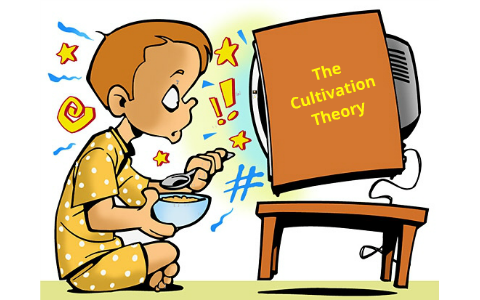Blog post #6
1) Generally speaking, I would describe myself as a heavy television watcher because I tend to spend less time on social media, and rely on television as my main source of entertainment and information. According to our textbook, there is a typology of eight motivations that describe why most people watch television (Griffin, Ledbetter, Sparks, 2019, pg. 350). These motivations include: passing time, companionship, escape, enjoyment, social interaction, relaxation, information, and excitement (Griffin et al., 2019, pg. 350). From this list of motivations, the escape typology best describes my heavy television viewing habits because I rely on television as a way to get my mind off of daily stressors. Whenever I am stressed about school work, I will utilize watching television as a way for myself to unwind and briefly forget about my responsibilities. The escape typology can be related to the safety need of Maslow's Hierarchy of needs. For example, feeling breifly escaped from life daily stressors could provide one with a sense of security. Coming from personal experience, whenever I escape from reality by watching television, I feel comforted and safe because I can forget about my responsibilities.

2) Stuart Hall's decoding approach fits in with George Gerbner's cultivation theory. Hall's decoding approach argues that just because the media presents a preferred interpretation of human events, there is no reason to assume the audience will correctly "take in" the offered ideology (Griffin et al., 2019, pg. 339). Cultivation theory focuses on the connection between the extent of television viewing and the conception of reality (Griffin et al., 2019, pg. 356). Therefore, using Hall's decoding approach, one could discover that they may or may not expereince a strong connection between the media they are consuming through watching television, and their actual conception of reality. Coming from my own personal experience, I usually demonstrate the negotiable code when watching television because sometimes, I really believe that what I am watching is an accurate representation of reality, but sometimes I do not. For example, I am a big fan of The Office, and I find certain aspects of this show to be extremely relatable to the real world, and other times, I feel like the show can be very unrealistic.

3) Agenda-setting theory states that the media establish the importance of some issues more effectively than others. This is because agenda setting occurs in three levels. In level one, the media tells us what to think about. In level two, the media tells us which attributes of issue are most important. In level three, the media tells us which issues go together (Griffin et al., 2019, pgs. 369-372). The media may establish the importance of some issues more effectively than others by determining which news stories should be in the headlines. When the COVID-19 pandemic first started, I had several experiences while watching the news, and the reporters were primarily discussing some irrelevant topic even though there was an ongoing national health crisis. As a citizen, the medias lack of reporting made me feel extremely neglected because I felt as though they were putting my health and safety in danger.

Sources:
Griffin, E. A., Ledbetter, A., & Sparks, G. G. (2019). A first look at communication theory. McGraw-Hill Education.
Hey Josh great job on your blog post. I liked how you explained that typology is broken down into eight different categories. Your example of using television to escape from stressful schoolwork did a great job of showing the escape typology. I also wrote about this typology and agree that it helps satisfy the safety need of Maslow's Hierarchy of needs. I remember when COVID-19 initially shut everything down that I watched a lot more television than normal because I could escape from reality to feel more safe. You did a good job of explaining cultivation theory and I find it interesting that you usually use negotiable code. Your example of the office did a good job of explaining why you use negotiable code. The dominant code is when "The audience reading coincides with the preferred reading" (Griffin, pg339). There are many shows that I agree with their messages. There are also shows that I disagree with so those shows I would have an oppositional code for. You did a good job of explaining agenda-setting theory with your example of feeling neglected by a lack of COVID-19 coverage.
ReplyDelete